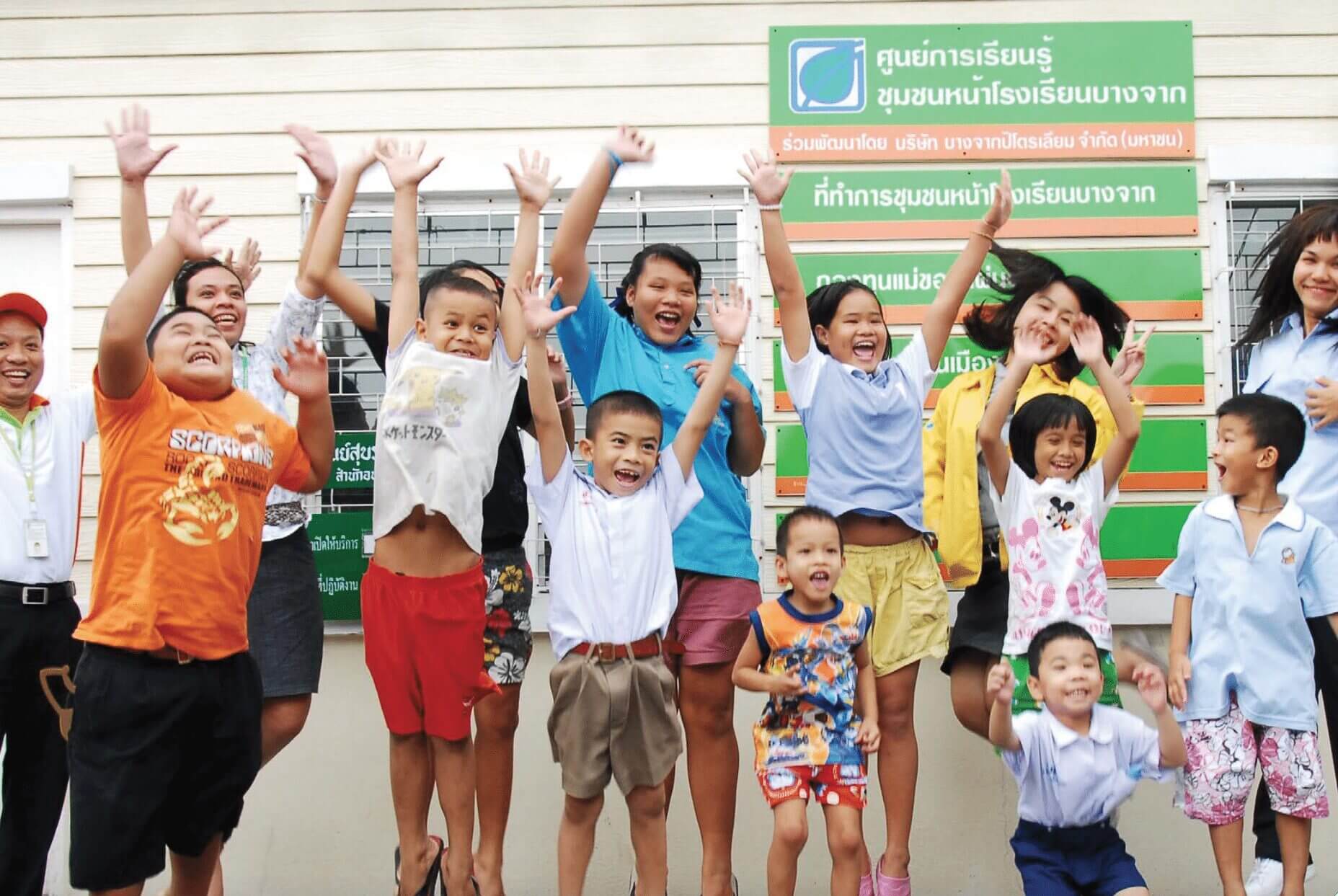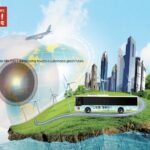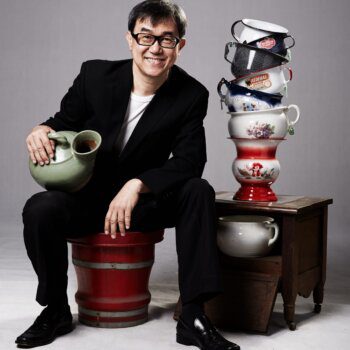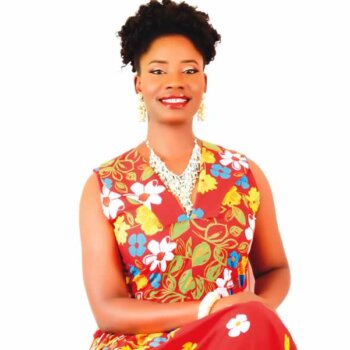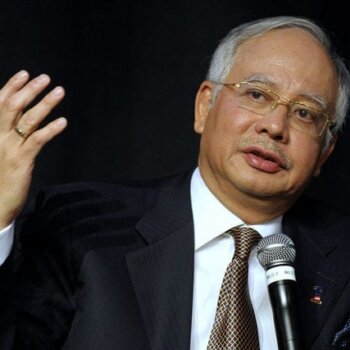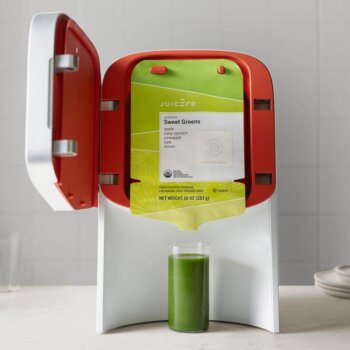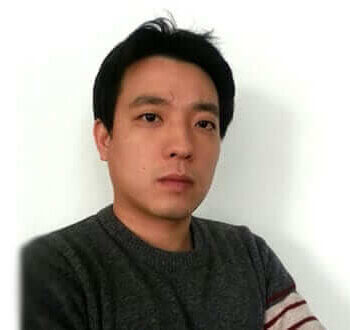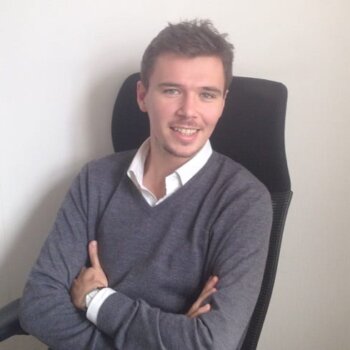The Bangchak Petroleum Public Company Limited is a Thai energy company with core business operations in refining crude oil and associated non-oil businesses, and is the renewable energy leader in Thailand with expansion into the green energy business, embracing the company’s commitment towards sustainable business development in harmony with the environment and society, domestically and internationally.
Introduction
Under the initiative to promote healthy communities, Bangchak Petroleum PCL plans to provide access to public health services and facilities to members of the refinery communities. Good health and well-being are core sustainable development goals adopted by the company and have been an integral part of the corporate and employee culture from the very onset. The project started in 2013 as a staple initiative for the community, culminating from years of working closely with community leaders to address the needs of the community. The health and eye care services are carried out in areas where access to public health services are beyond the reach of the people.
Framework and Strategy
Bangchak has two levels of CSR, namely in-process and after-process CSR. The Healthy Community Initiative is seen as a natural extension of existing in-process CSR, optimizing refinery operations to the highest safety standards with no adverse effects on the health, safety and environment of the communities. As the only urban refinery in Thailand, the safety and well-being of the community is integrated into every fabric of Bangchak’s business operations and this initiative serves as a benchmark of effective operations.
The initiative comprises of four inter related projects organized and managed by the Corporate Responsibility and Community Relations Office, and supported by the Bangchak management and employees who serve as volunteers. The initiatives can be broken down into four interrelated projects – health and medical checkups, eye checks under the Waen Kaew Model, cataract removal and the health complex. The first three projects are organized and managed by the Community Communication and Public Relations Office, and the fourth is jointly managed with the Ministry of Defense. Besides professional medical staff required in the projects, the rest are employees of the company who volunteer their time and effort to implement the projects.
Health-Medical Check-Ups: The health checks, which were introduced in 2000, provide mobile basic medical and health services, including lung examinations (X-rays), ear-eye-nose- throat (EENT) checks, dental care, medical consultations, sanitation and personal hygiene. Upon its introduction, records of lung examinations and EENTs were used as key indicators of health improvement in the community.
Eye Checks (Waen Kaew): Eye checks were introduced in 2003 to provide eye examinations and eye wear for the community.
Cataract Removal: The program was launched following the results of a survey from the Waen Kaew Project, which found several cases of cataracts in the community. Since the Waen Kaew Project did not have the facilities or funds to treat the cases, it was a natural extension of the initiative to incorporate this service into the existing programme. The project is run jointly with Banphaeo Hospital’s Eye and Cataract Excellence Center, a public organization specializing in eye and cataract care and removal.
Health Complex: The Health Complex provides literature and advice on healthy lifestyles and measures to take to prevent certain diseases.
Achievement and Impact
To monitor the general health of the community an 80 percent pass rate is taken as normal. Since the health records were formally kept with the introduction of the Healthy Communities Initiative, the results have been near perfect with over 98 percent cases recorded as normal. The programme was well received by the community, with an approval rate of 85 percent in its efforts to prevent adverse effects on the environment and community. Bangchak is committed to continue with the programme to improve the health and safety standards of the communities. The success of the programme is also reflected in real-time data showing improvements in air and water quality.
Future Direction
Bangchak has been committed to ensure the quality of life of the Thai people from its establishment over 30 years ago. This commitment is best illustrated by the continuous efforts to improve the lives of members of the communities staying around the refinery in the middle of Bangkok through various public health services. The Healthy Communities Initiative started in 2013 as a Bangchak community initiative, culminating from years of working closely with community leaders. The good health and well-being of the community, is an integral part of the Company’s business operations, and associated projects are designed to address this concern and ensure that Bangchak fulfills its commitment to community health and safety. As a CSR Role model in Thailand, Bangchak proves that this model is not only viable but also sustainable and beneficial for all parties.
